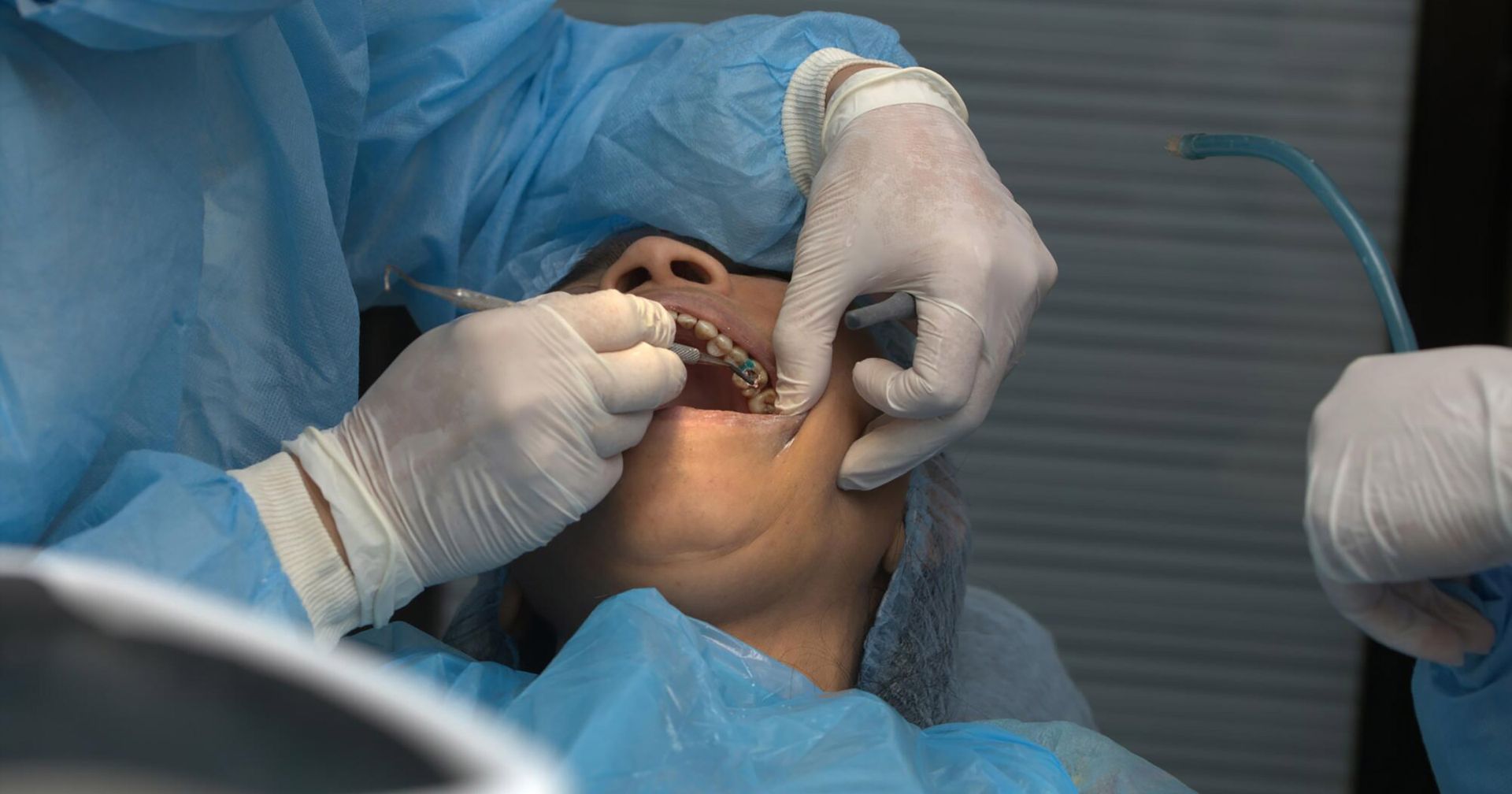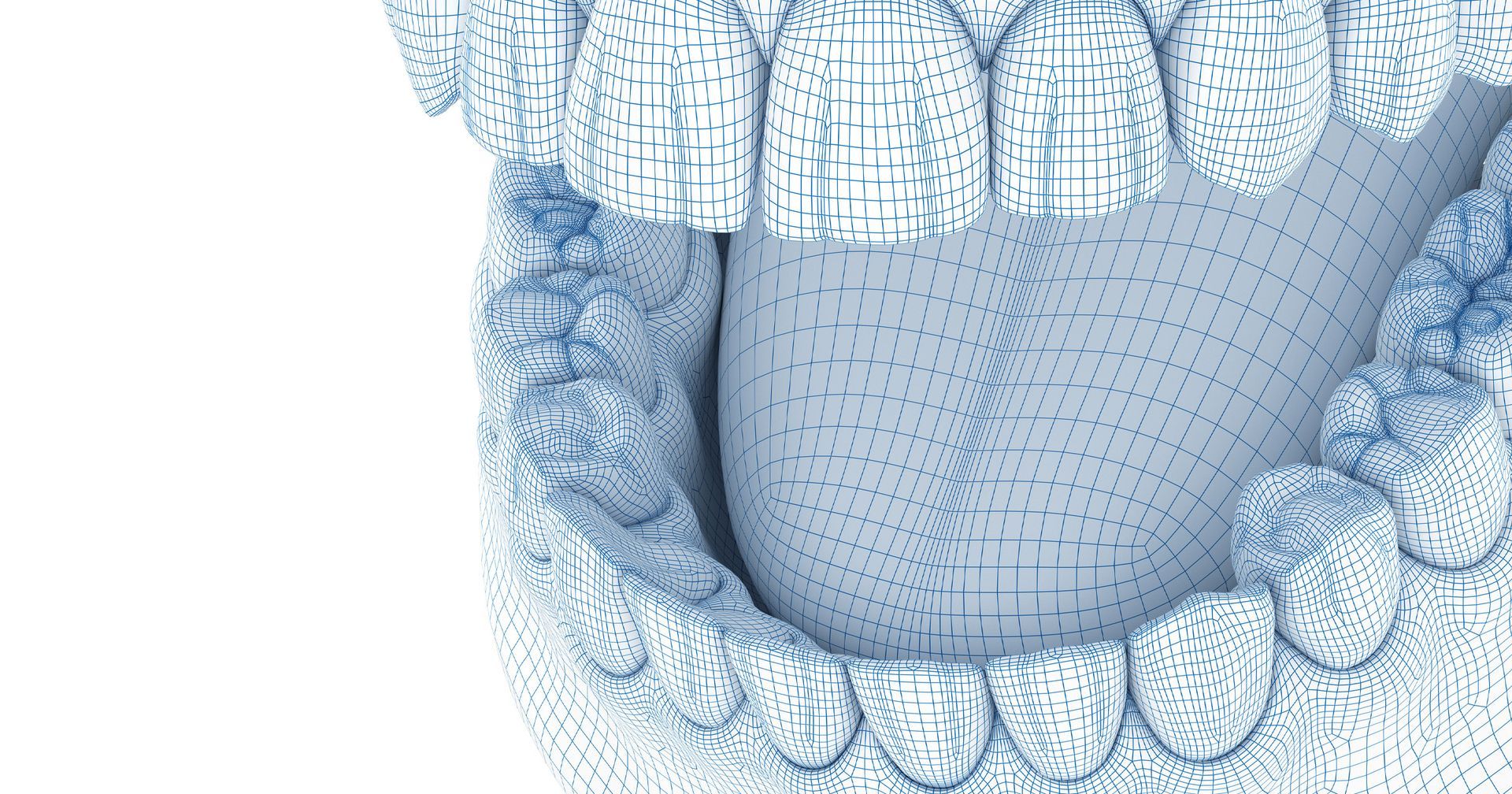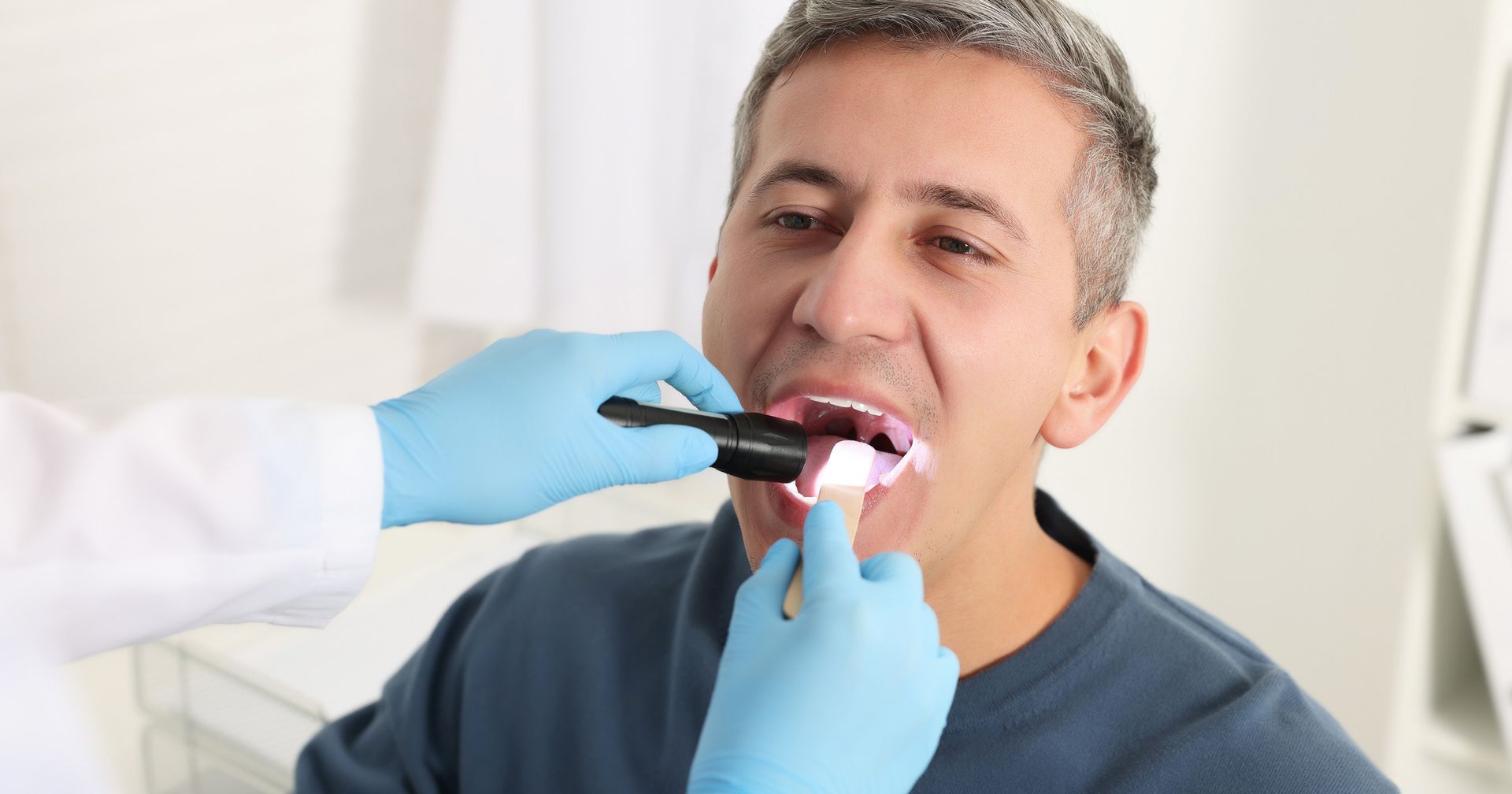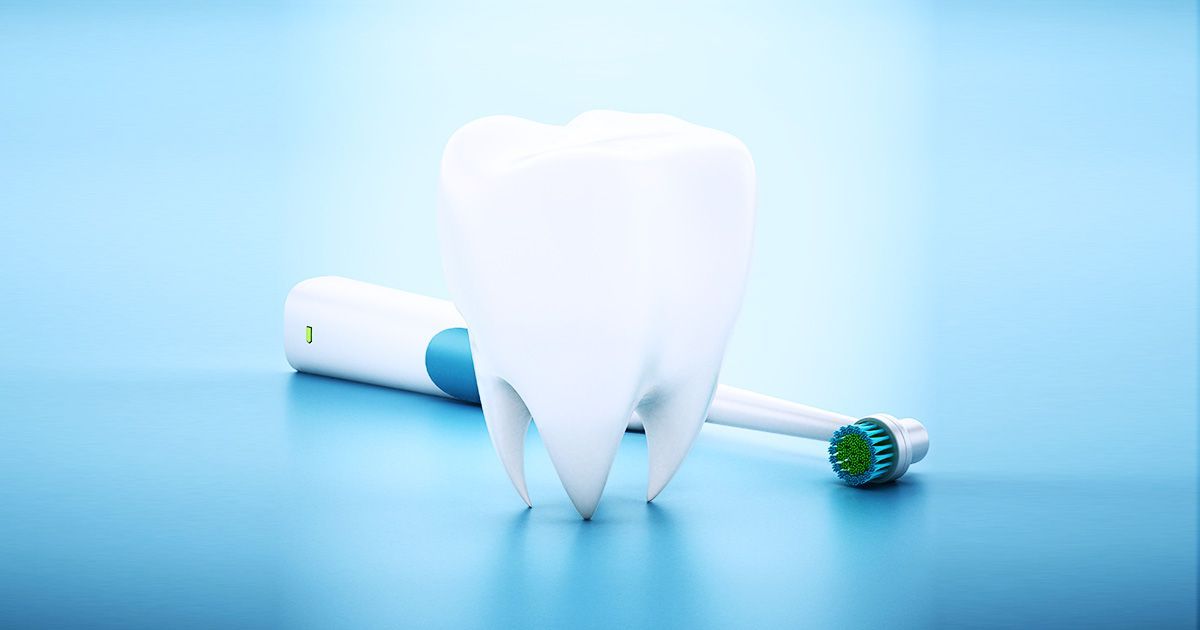What Issues Constitute Dental Emergencies (and What Can Wait Until Business Hours)?
Broke a tooth? Have an abscess? Learn what issues constitute dental emergencies, as well as which can wait until business hours, now.
Like any type of medical problem, dental emergencies don't always wait until a convenient time to occur. What happens if you notice a large cavity on a weekend, your child falls and chips their tooth before bed, or you get a sudden toothache in the middle of the night? Can you call your dentist right away, or do you have to wait until normal business hours?
Depending on the injury or condition, your dentist may decide that emergency dental care is necessary. In that case, they'll schedule you for an after-hours appointment. If the need is time-sensitive but not an emergency, they may ask that you make an appointment for the next day that they're open.
What types of situations are true dental emergencies? What conditions can wait a day or two to get taken care of? We'll answer all your questions in the guide below.
What Dental Conditions Are Urgent, Not Emergency?
When it comes to unplanned or emergency dental visits, an estimated 33% cite mouth or tooth pain as the reason. Even so, you don't always have to sprint to the dentist at the first sign of oral discomfort. Let's go over a few conditions that indicate it's time to schedule an appointment but don't need to be treated within the next few hours.
New Cavities
Cavities, also called dental caries, are holes in the protective outer layer of your tooth (the enamel). They often appear as dark brown or black spots on the tooth and tend to occur in hidden or overlapped areas.
As they grow and make their way deeper into the tooth, cavities can start to get sensitive. You might notice a sharp pain when you breathe through your mouth, drink hot or cold beverages, or eat something sweet. Over time, you might also develop a persistent toothache.
Cavities aren't something to ignore. The longer you let them go, the more damage they'll do. Even so, finding a new cavity isn't cause for an emergency appointment unless you're in severe, non-stop pain.
Make note of the location and call your dentist the next time they're open to schedule an exam and treatment. Most of the time, they'll be able to clean out the cavity and seal it with a composite filling or dental crown.
Small Chips or Cracks
Did you bite down on a piece of uncooked rice or trip and hit your mouth on something hard? If so, you might end up with a chip or crack in one of your teeth.
Chipping a tooth can be scary, but unless it's sharp enough to injure your mouth further or is causing great pain, it isn't an emergency. Pick up some dental or orthodontic wax from the drugstore to cover the chip if it's uncomfortable. Stick to soft foods until you can schedule an appointment to have the damage repaired.
Mild to Moderate Toothaches
Even though mild toothaches are annoying, most of them are harmless. Sometimes they're a symptom of a more serious problem, but if you only have mild to moderate pain, it could just be an indicator of general sensitivity.
Try taking an over-the-counter painkiller to reduce inflammation and help you sleep. If it still hurts in the morning, give your dentist a call to schedule an exam.
What Is a Dental Emergency?
As we discussed above, minor tooth pain and small injuries don't always require emergency treatment. However, some situations do call for an immediate response. Here are a few of the most common reasons for an emergency visit.
Broken or Knocked-Out Tooth
On an average year in the United States, a staggering 5 million accidental tooth avulsions occur. If your tooth gets knocked out, loosened, or severely broken from an injury, call your dentist immediately. The sooner you act, the more likely you'll be able to save your natural tooth.
If the tooth was knocked completely out but is still mostly intact, pick it up by the crown (NOT the root) and gently rinse any dirt off with a slow stream of water. Don't scrub the tooth or brush it with toothpaste, as this can remove the delicate fibroblasts left on the root. Place the tooth in a plastic baggie or cup filled with milk and bring it with you to the dentist, as they may be able to re-implant it with a tooth splint.
If there's too much damage, your dentist might not be able to repair your tooth with composite bonding or a crown. As such, a severely broken tooth might call for an emergency dental extraction.
Dental Abscesses and Infections
A dental abscess is a pocket of infection that forms in or around the gums, jawbone, and tooth roots. They can be incredibly painful and have the potential to rupture. You might get a dental abscess from poor oral hygiene, a bacterial infection, or from not following the aftercare instructions following a dental procedure.
If you think you have an oral abscess, it warrants an emergency call to the dentist. Ruptured oral abscesses and tooth infections are especially dangerous because of their ability to enter the bloodstream and spread throughout the body. Depending on the severity of your symptoms, your dentist may recommend that you visit the emergency room for treatment instead of their office.
Severe Bleeding, Swelling, or Pain
It's possible that you could injure a tooth or develop an infection without being sure what happened. In those cases, it's helpful to watch for general symptoms that indicate something is wrong. These include:
- Serious bleeding or bleeding that persists for more than a few minutes
- Significant swelling along the upper or lower jaw lines and/or inside the mouth
- Severe pain, either sharp or dull and throbbing
- One or more of the above symptoms plus a fever that can't be explained by other causes
If you notice these signs—especially if you've recently had a dental procedure—consult with your dentist right away.
Visiting Dental Arts of Bedford for Dental Emergencies
If you think you have a dental emergency on your hands, don't wait it out—it's best to contact your dental office's emergency number right away. They can advise you on whether emergency care is needed in your individual situation. If it is, they'll either direct you to an emergency provider or come in after-hours to handle the situation.
Those in the Bedford, New Hampshire area can reach out to Dental Arts of Bedford at any time for urgent or emergency visits.
You can trust our doctors to handle emergencies with the same superior level of care they provide for routine treatments. Visit our "Dental Emergencies" page to
book your emergency consultation now.













